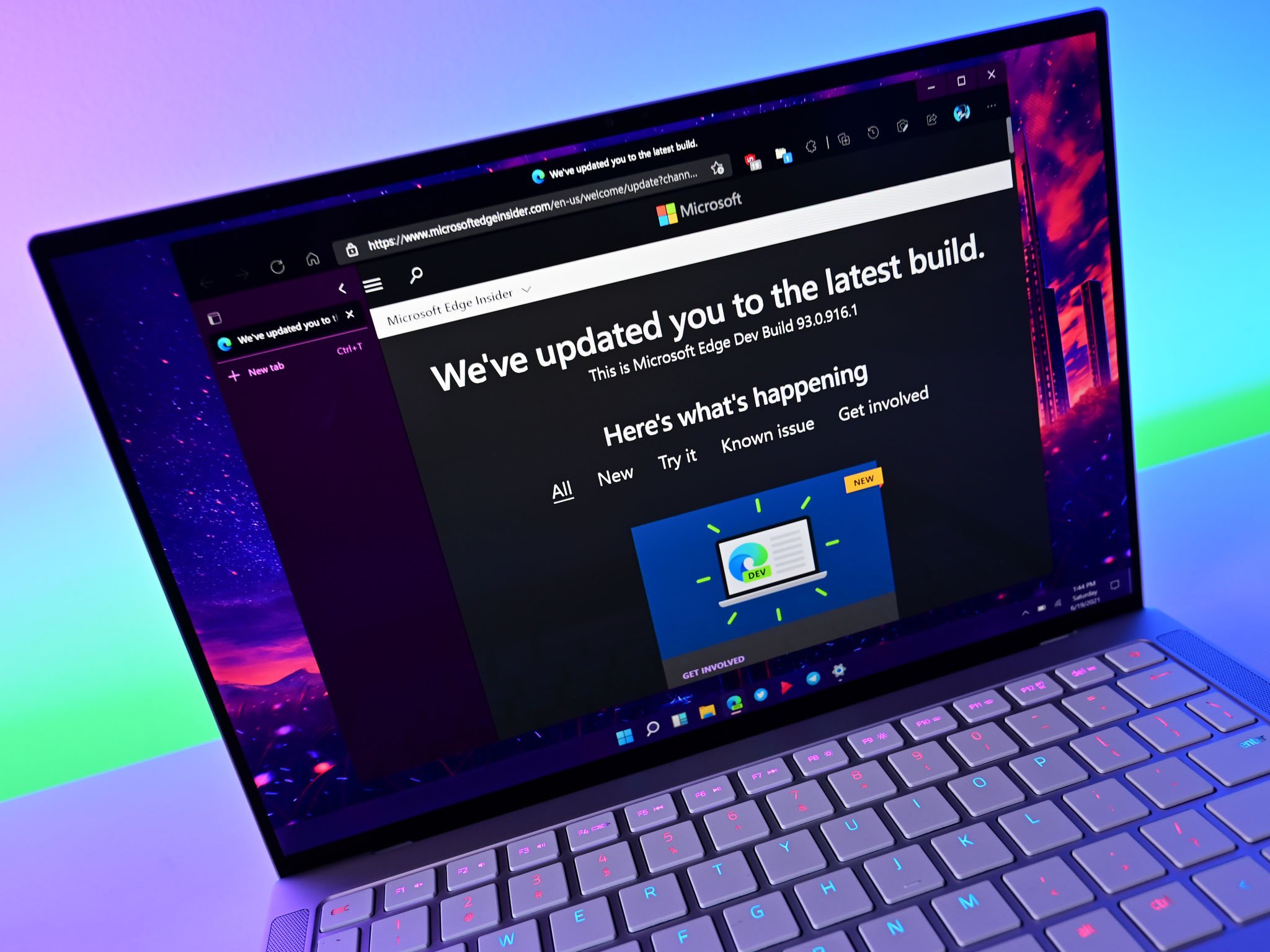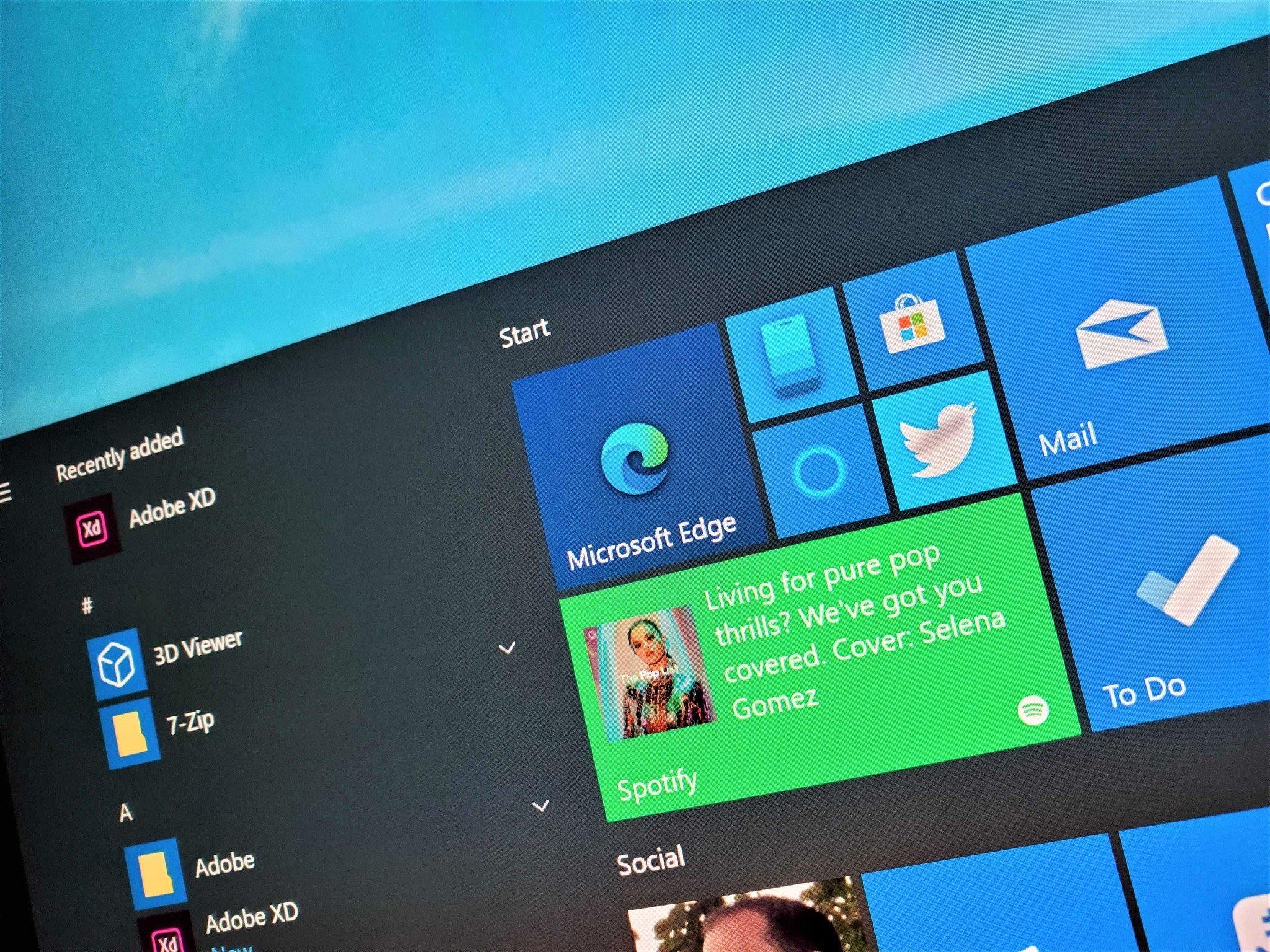
Microsoft Rolls Out AI Scareware Blocker In Edge Browser
Microsoft introduces Scareware Blocker tool with Edge browser version 133 in preview mode, seeking users' feedback.

Microsoft introduces Scareware Blocker tool with Edge browser version 133 in preview mode, seeking users' feedback.

To prevent the lock screen bypass, Android users should uninstall Google Maps until a fix arrives, which Google has pledged for February 24.

A cutting-edge tool from Open AI appears to be poorly moderated, allowing it to be abused by cyber-criminals.

Rockstar Games' next GTA entry faces a mega leak with over 90 videos showcasing an alledged build of the project.

Enhanced Spellcheck features in Google Chrome and Microsoft Edge web browsers transmit form data, including personally identifiable information (PII) and in some cases, passwords, to Google and Microsoft respectively.

A North Korean-backed threat group tracked as Kimsuky is using a malicious browser extension to steal emails from Google Chrome or Microsoft Edge users reading their webmail.

Microsoft rolls out "Edge Secure Network" built-in VPN as Preview with Edge browser. It will encrypt traffic, change IP, and 1GB free data.
_story.jpg)
Google has pledged support for OpenSSF's Package Analysis Project for open source packages uploaded to popular repositories. It has also published the results which paint a rather interesting picture.
_story.jpg)
Google Chrome 101 is landing in the later hours of today. It is a milestone release because it contains the first implementation of Google's ad profiling mechanisms called the Topics API and FLEDGE.

The latest version of Microsoft Edge adds a new browsing mode that focus on security. It also allows people to customize which sites open with different profiles.

Microsoft has quietly added a 'Super Duper Secure Mode' to the Microsoft Edge web browser, a new feature that brings security improvements without significant performance losses.

Microsoft has begun rolling out a mandatory update for the most recent Windows 10 versions - 2004, 20H2, and 21H1 - to patch the recently acknowledged PrintNightmare critical vulnerability.

Hackers could have stolen your secrets for any site through a Microsoft Edge bug

Microsoft is rolling out Edge 90, the latest version of Microsoft Edge. The update brings Kids Mode, Password Monitor, and an improved experience for searching through browsing history.

While the internet has become a must-have for the kids, especially during the global lockdown because of the COVID-19 pandemic, unattended exposure of kids to the internet world has become a security risk for innocent users as well. Addressing this issue, Microsoft has announced the launch of a dedicated “Kids Mode” in its Edge browser.

Over a dozen Google Chrome and Microsoft Edge browser extensions—dubbed 'CacheFlow' collectively—caught hijacking Google search results.

Microsoft is rolling out a built-in password generator and a leaked credentials monitoring feature on Windows and macOS systems running the latest Microsoft Edge version.

Researchers found numerous third-party extensions on Google Chrome and Microsoft Edge infected with malware. The malware hijacked traffic supposedly for monetary gains. In all, these extensions affected around three million users globally.

Microsoft has released a new version of Microsoft Authenticator that now acts as a password manager for Android and iOS.

Microsoft on Thursday took the wraps off an ongoing campaign impacting popular web browsers that stealthily injects malware-infested ads into search results to earn money via affiliate advertising. The campaign — which impacts Microsoft Edge, Google Chrome, Yandex Browser, and Mozilla Firefox browsers on Windows — aims to insert additional, unauthorized ads on top of legitimate ads displayed on search engine results pages, leading users to click on these ads inadvertently.